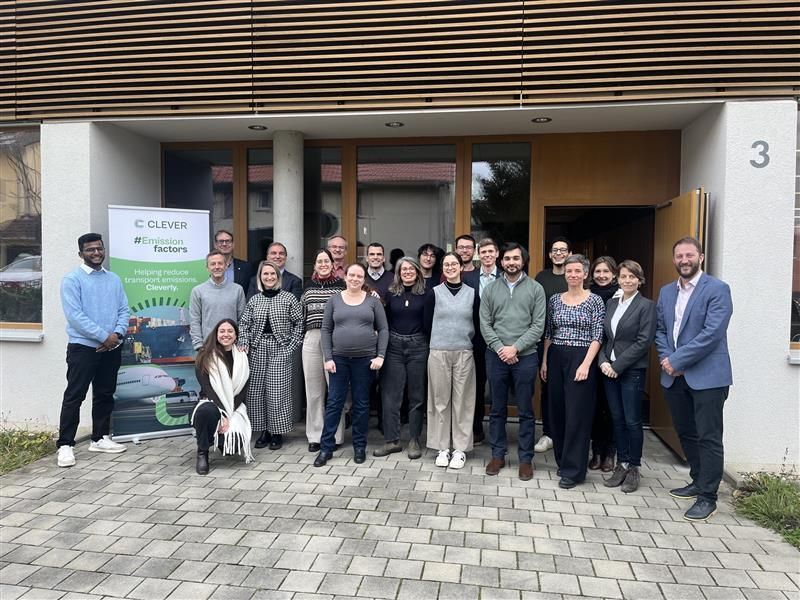
Managing new mobility services for sustainable transport systems
New mobility services such as ride-hailing and bike-sharing have the potential to reduce private car journeys with complementary and high quality services alongside public transport.
A great example is the Keoride service run by Keolis in New South Wales, Australia, which conducts over 17,000 trips per month, connecting customers to metro stations who may otherwise use their cars!
However, it needs to be said that the impacts of such services depend on the local context and regulations, which is why it is important for city authorities to manage their evolution.
Our new Policy Brief, New mobility services: Managing change and disruption, evaluates the historical development of informal transport and the role that public transport authorities (PTAs) can provide, and sets out four guiding organisational principles for managing change.
Managing disruption caused by changes to the transport system raises institutional issues, questioning whether the public sector and the market can complement each other. For city authorities not to accept and include new mobility services into their public transport networks renders them more likely to compete with the private sector. For a sustainable system, the public and private sector need to work together.
In such complex dynamic environments, experimenting, monitoring and evaluating are good practices to see if measures improve the sustainability of the urban mobility system. To overcome challenges, the involvement of PTAs can prove to be an advanced model of governance.
The EU research project, GECKO, has launched a dynamic knowledge bank which integrates relevant findings on the subjects of technology, operation, business and social trends and innovations and regulatory and governance frameworks. The knowledge bank acts as a collaborative platformthat allows stakeholders to co-create value via information sharing. The current version of knowledge bank reviews new mobility services and technologies and develops a more comprehensive guidance for policy makers. Access the full report here.
Read our full Policy Brief on managing change and disruption here
Membership benefits








